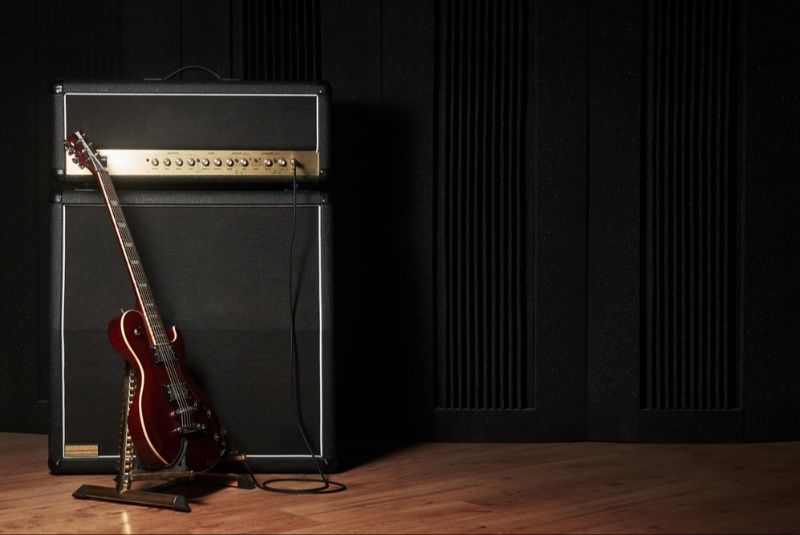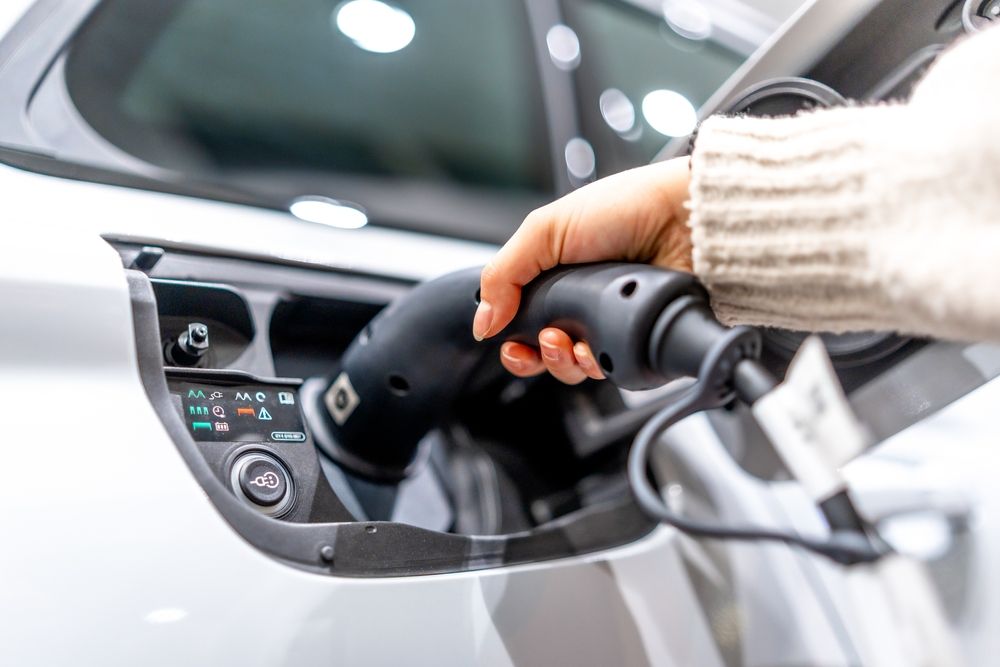Choosing the right electric guitar amplifier is essential for any guitarist looking to define their sound. Whether you're a beginner or a seasoned performer, the amplifier you select can significantly impact your music. This guide will walk you through the considerations to keep in mind when selecting an amplifier, ensuring you find the perfect match for your electric guitar and playing style.
Understand Amplifier Types
Electric guitar amplifiers come in various types, each offering distinct sound characteristics and functionalities. The main types include:
- Tube Amplifiers: Known for their warm, rich tones and natural overdrive, tube amplifiers are favored by many professional musicians for their sound quality.
- Solid-State Amplifiers: These amplifiers use transistor circuits and are known for their reliability, consistency, and affordability. They offer a clean, crisp sound and are a popular choice for beginners and practicing musicians.
- Modeling Amplifiers: Utilizing digital processors, modeling amplifiers can emulate the sounds of various tube and solid-state amps, offering versatility and a wide range of effects.
- Hybrid Amplifiers: Combining tube and solid-state technologies, hybrid amplifiers aim to capture the best of both worlds, offering the warm tones of tubes with the reliability and power of solid-state designs.
Consider Your Musical Style
Your musical style and the genres you play most often should guide your choice of amplifier. Tube amplifiers, with their warm overdrive, might be the perfect choice for blues, rock, or jazz musicians. Solid-state amps, offering a cleaner sound, can be ideal for pop, country, or classical guitarists. Modeling amplifiers offer versatility for those who play across multiple genres and seek a wide array of sounds.
Determine the Right Power and Size
The amplifier's power, measured in watts, and its size are critical factors to consider based on where you'll be playing. For home practice or small venues, a lower-wattage amplifier (15 to 30 watts) might suffice, offering a good sound at manageable volumes. For performing live in larger venues or with a band, you may need a more powerful amp (50 watts or more) to ensure your guitar is heard over the drums and other instruments.
Evaluate Features and Connectivity
Modern amplifiers come equipped with various features and connectivity options that can enhance your playing experience. Look for features such as built-in effects (reverb, delay, chorus), multiple channels for switching between clean and overdriven sounds, and EQ controls for shaping your tone. Connectivity options like headphone jacks for silent practice, aux inputs for playing along to music, and USB ports for recording directly to a computer can add significant value to your amplifier.

Assess Portability and Durability
If you plan to gig regularly or transport your amplifier frequently, consider its portability and durability. Lightweight and compact amplifiers are easier to carry, but make sure they're also built to withstand the rigors of travel and performance. Durable construction, quality materials, and robust carrying handles are features to look for in a gig-worthy amp.
Factor in the Room or Venue Acoustics
When choosing an electric guitar amplifier, consider the typical acoustics of the rooms or venues where you'll be playing. Different environments can greatly affect the amplifier's sound projection and tone quality. A larger venue may require an amplifier with more power to fill the space without losing sound clarity, while a smaller, more intimate setting might benefit from an amp that excels in producing rich, detailed tones at lower volumes. Testing amplifiers in environments similar to your usual playing spaces, or opting for models with versatile EQ settings, can ensure your music always sounds its best, regardless of the acoustics.
Explore Aftermarket Support and Accessories
Aftermarket support and the availability of accessories should also be considered when selecting an electric guitar amplifier. The ability to easily obtain replacement parts, upgrades, or specific accessories, like footswitches for channel switching or effects pedals that complement the amp, can extend its usability and enhance your playing experience. Additionally, manufacturers or brands with a strong reputation for customer support offer added value, providing assistance and advice for maintenance or troubleshooting. Choosing an amplifier from a brand with comprehensive aftermarket support ensures you can enjoy and maintain your equipment over many years of use.
Set a Budget
Electric guitar amplifiers range from affordable, entry-level models to high-end, professional-grade units. Setting a budget before you start shopping can help narrow down your options and focus on amplifiers that offer the best features and quality within your price range. Remember, investing in a slightly more expensive amplifier that meets all your needs can be more cost-effective in the long run than upgrading from a basic model.
Read Reviews and Try Before You Buy
Before making a decision, read reviews from other guitarists and music publications to get a sense of the amplifier's performance and reliability. If possible, try the amplifier in person with your guitar to assess its sound, features, and ease of use. Testing the amp in a store or borrowing one from a friend can provide invaluable insights into whether it's the right choice for you.
Selecting the right electric guitar amplifier involves considering the type of amplifier, your musical style, the necessary power and size, available features and connectivity, portability, durability, and your budget. By taking the time to evaluate these factors, you can choose an amplifier that enhances your sound, supports your musical ambitions, and brings joy to your playing experience for years to come.




